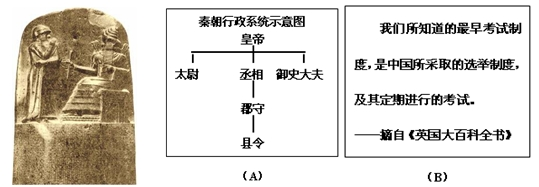IV、阅读理解(共20小题;每小题2分,共40分)
阅读下列短文,从每题所给的四个选项(A、B、C和D)中选出最佳选项。
Perhaps you do not know it, but there is something wonderful at your fingertips. You can make people happier, healthier and more hard-working just by touching their arms or holding their hands.
Doctors say that body contact(接触) is a kind of medicine that can work wonders. When people are touched, the quantity of hemoglobin (血红蛋白) — a type of matter that produces the red color in blood increases greatly. This results in more oxygen (氧气) reaching every part of the body and the whole body benefits. In experiments, bottle-fed baby monkeys were separated from their mothers for the first ten days of life. They became sad and negative. Studies showed the baby monkeys were more probable to become ill than other babies that were allowed to stay with their mothers.
Human babies react (反应) in much the same way. Some years ago, a scientist noticed that some well-fed babies in a clean nursery (托儿所) became weak. Yet babies in another nursery were growing healthily, even though they ate less well and were not kept as clean. The reason, he concluded, was that they often had touches from nurses.
Experiments show that most people like being touched. And nearly all doctors believe touch helps to reduce patients' fear of treatment. Of course there is time when a touch is not welcome. But even if we don’t like being touched, a smile can make us feel better. Smiling increases blood flow and starts the production of “happy brain” chemicals.
So let’s have a big smile and don’t forget to keep in touch.
1. Which of the following is NOT true?
A. People may not understand the importance of touching.
B. People may work harder because of body contact.
C. Your fingertips can do something wonderful.
D. Everyone knows that body contact can make people happier.
2. According to the passage, ______.
A. not all the people like being touched
B. touches from doctors and nurses have nothing to do with treatment
C. new-born baby monkeys should stay away from their mothers
D. human brains need oxygen and blood supply now and then
3. The word “benefits” in the second paragraph probably means ______.
A. to be useful or helpful B. to get something useful or helpful C. to be ill D. to be hurt
4. The best title for the passage might be ______.
A. Why People Touch B. Smile and Touch C. Wonders of Touch D. Touch or Not

